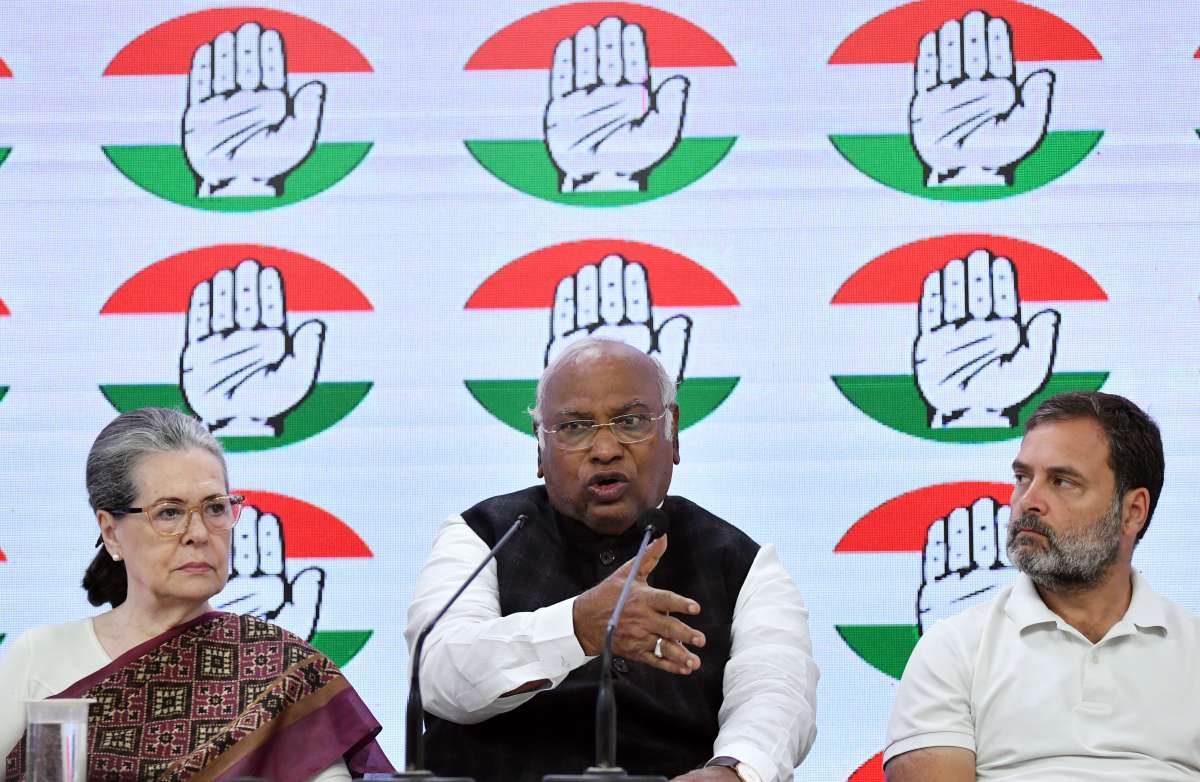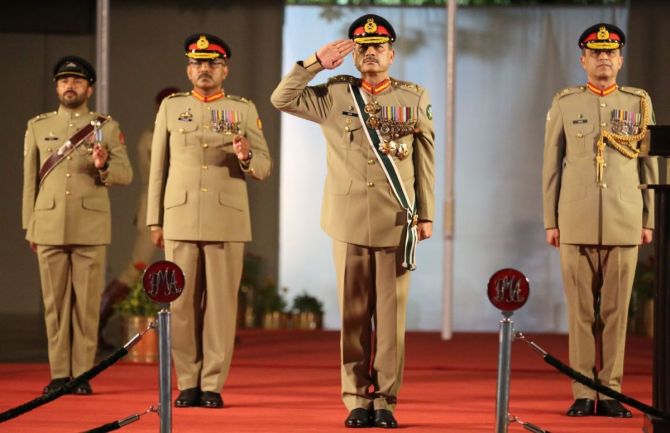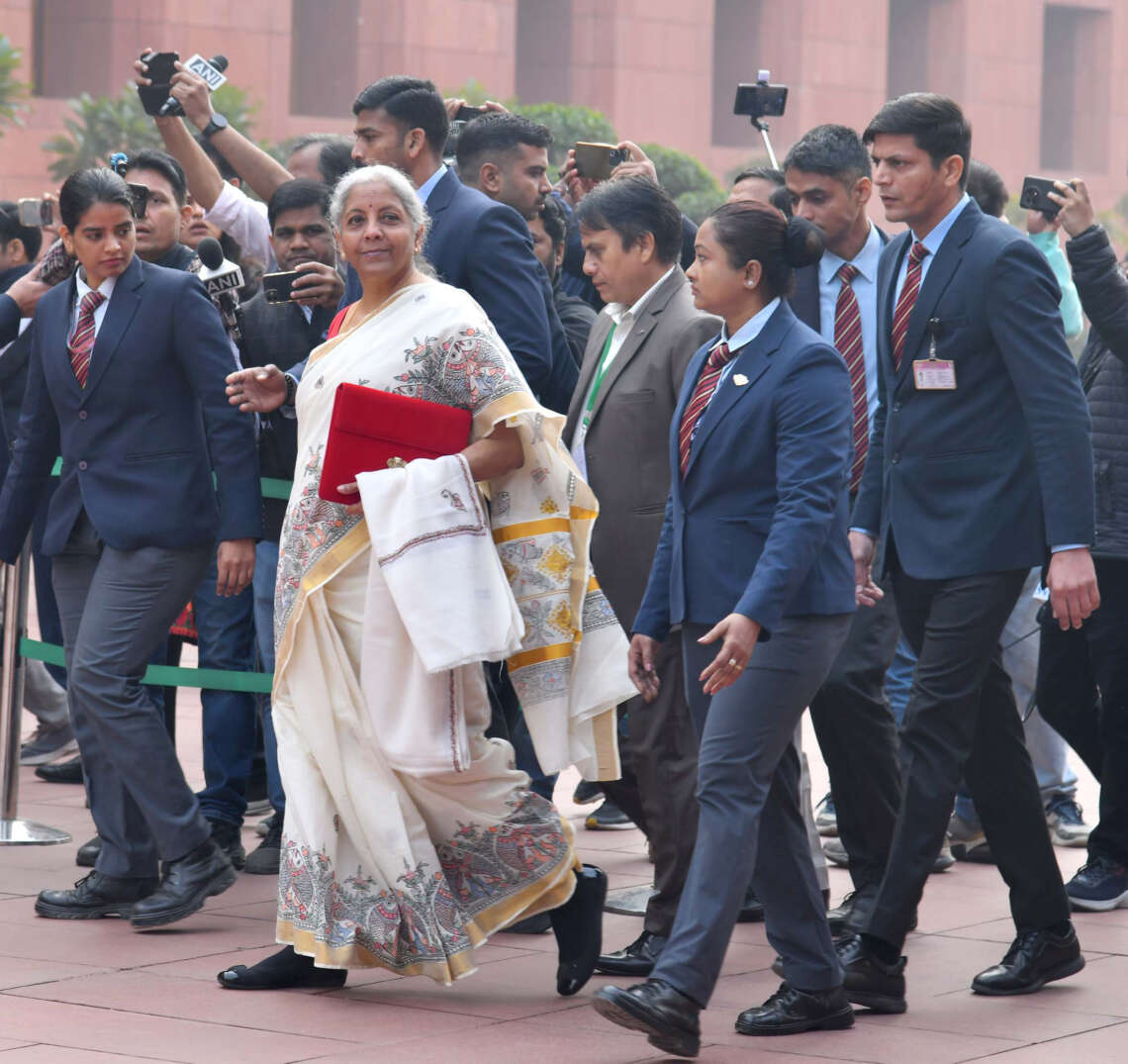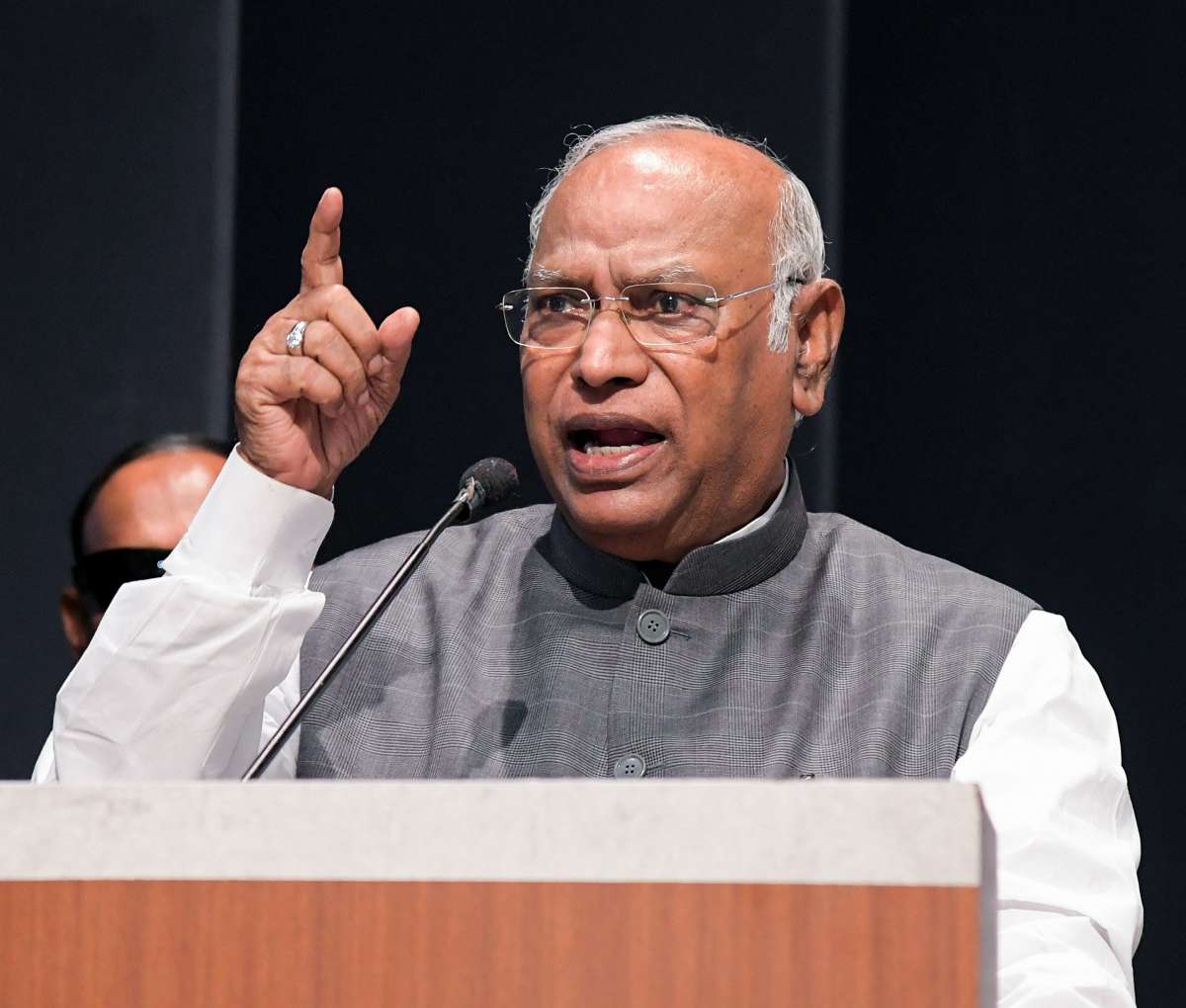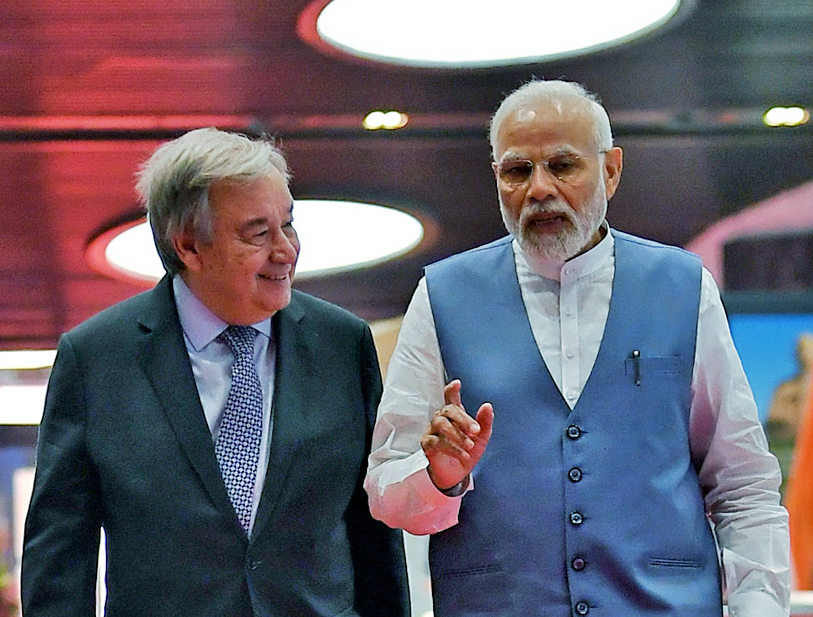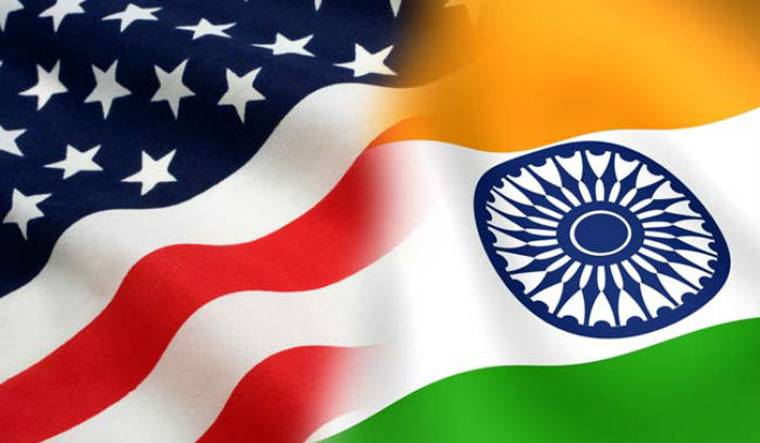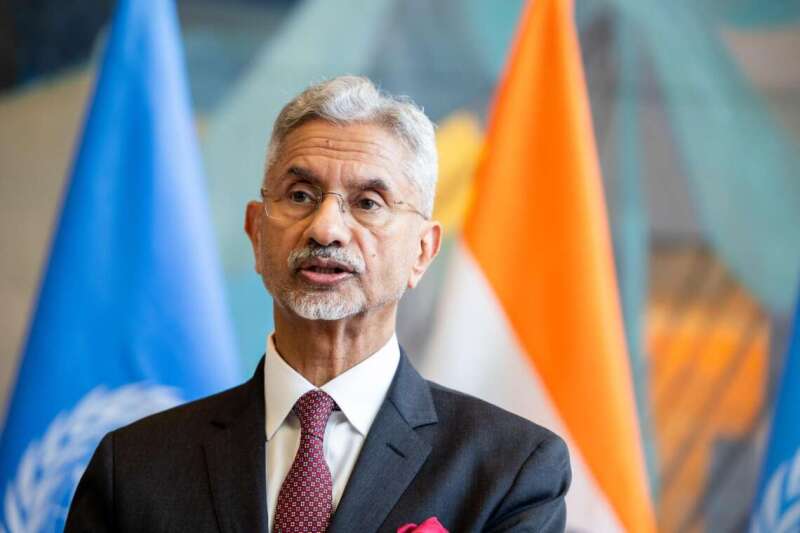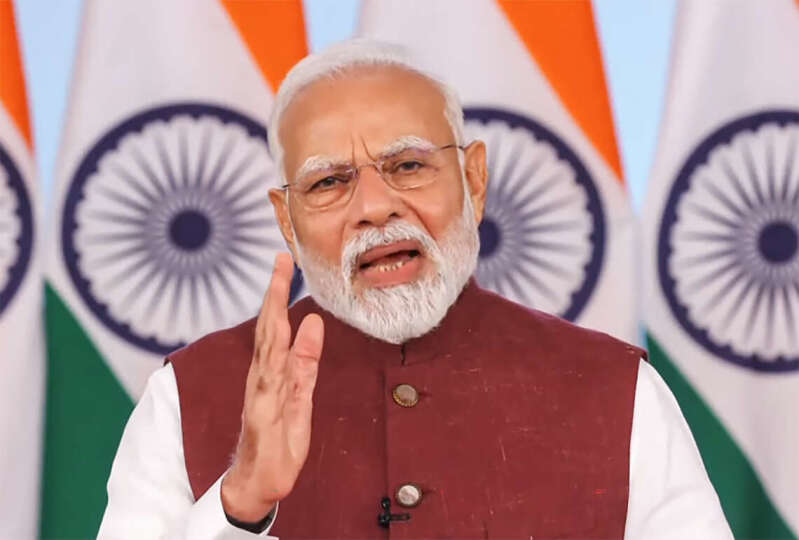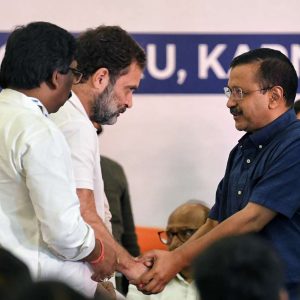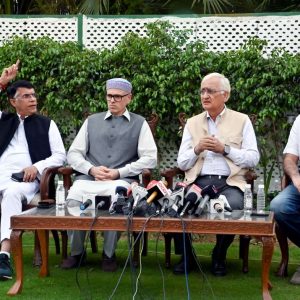Manifesto expected to contain several social welfare promises and 25 guarantees, five each under ‘nyay (justice) pillars’ – from Jaipur, the party’s Rajasthan state boss, Govind Singh Dotasara, said…reports Asian Lite News
The Congress will launch its manifesto for the 2024 Lok Sabha election – expected to contain several social welfare promises and 25 guarantees, five each under ‘nyay (justice) pillars’ – from Jaipur on April 6, the party’s Rajasthan state boss, Govind Singh Dotasara, said.
Party high command and senior leaders discussed preparations for the Jaipur public meeting during the Congress meeting on Lok Sabha election strategy, said the party’s Rajasthan in-charge Sukhjinder Singh Randhawa on Thursday while confirming the date of the launch of poll manifesto by the party.
Former chief minister Ashok Gehlot and Congress state president Govind Singh Dostara gave responsibilities for elections to party leaders and workers. Sukhjinder Singh Randhawa also said that people are enthusiastic about the Congress poll manifesto. He also expressed confidence that more and more people will come to the public meeting. He said the people have come to know what they (the central government) have done for the people during their 10 years in office.
Reacting to Congress candidate Sudarshan Rawat’s announcement to not contest the Lok Sabha elections from Rajsamand after he was named as party candidate from the same, Randhawa said that every party has to change the ticket from time to time.
Congress state president Govind Singh Dostara announced that the party’s election manifesto will be released in the presence of Sonia Gandhi and Rahul Gandhi in the public meeting, set to take place in Jaipur.
Apart from the announcement, he criticised the BJP government for misleading the public. While speaking at the event, he said that the saffron party leaders have only done tours and speeches and done nothing else.
“In four months, they have done only tours, and speeches and misled the people. Apart from this, they have done nothing else,” Dostara targeted the BJP government in the state.
The Congress is at the head of the INDIA opposition bloc, which was formed in June last year to take on the BJP’s formidable election-winning machinery.
In January the party had invited ideas and suggestions from the public. Ex-Union Minister P Chidambaram, who led the framing committee, called it a “people’s manifesto”.
“Besides public consultations… in every state, the Congress has set up an e-mail account and a website for suggestions,” he said, “The party will incorporate as many suggestions as possible.”
Congress MP Shashi Tharoor – nominated to defend his Thiruvananthapuram seat – said the manifestos would focus on unemployment, price rise, and income support for the poor, as well as women’s rights and the condition of farmers. The contentious MSP, or minimum support price, at the heart of farmers’ protests from 2020 and earlier this year, is also expected to be mentioned.
The party is also expected to promise a stringent law to punish those responsible for leaking exam papers, and suggest measures to ensure transparency in public service recruitments.
The Congress has said that many of these points, and others that will be included in the manifesto, were flagged by the electorate to Rahul Gandhi during his second ‘Bharat Jodo Yatra’.
But among the more significant points that will be watched are the party’s position on the national caste survey topic and its response to the amended citizenship law. In its manifesto for the 2023 Rajasthan Assembly election, the party promised it would order such a survey in the state.
The choice of Rajasthan to launch the manifesto is interesting; the Congress has not won a Lok Sabha seat in the state since the 2009 election. In 2014 and 2019, powered by the ‘Modi wave’, the Bharatiya Janata Party trounced its rival, winning all 25 seats in the former and 24 in the latter.
In the 2019 election the 25th seat went to a BJP ally, the Rashtriya Loktantrik Party.
Rajasthan is also where the Congress slipped to a shock (and sizeable) defeat in last year’s Assembly election. The party won 70 seats (down from 100 five years ago) to the BJP’s 115.
On the flip side, the 45-seat margin hid a close fight; the BJP’s vote share only 2.14 per cent larger than the Congress’ 39.55 per cent, which itself was .23 per cent increase from the 2018 election.
Rajasthan is part of the ‘Hindi heartland’ that has favoured the BJP in the past, and will, Prime Minister Narendra Modi’s party hopes, turn out in large numbers to continue that tradition.
A strong showing here – and in states like Bihar, Uttar Pradesh, Maharashtra, and Bengal – will be crucial if the saffron party is to reach its target of 370 Lok Sabha seats of its own, and 400+ with the party-led NDA. Rajasthan and the above four states fill a combined 235 seats in the Lower House.
If the Congress can disrupt the BJP election machinery in Rajasthan, it could go some way towards ensuring Modi and his party do not claim a third consecutive term at the centre.
ALSO READ-CPI(M) straining to turn Ponnani ‘Left’


